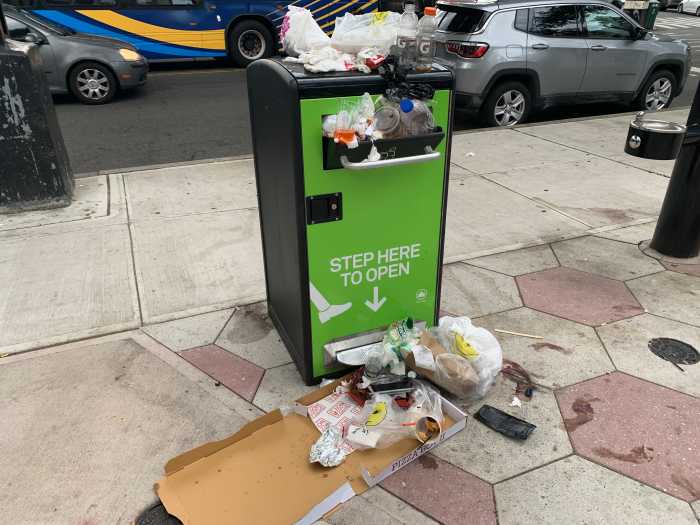What if one billion people got together and created green actions ahead of the 2012 U.N. Climate Change Summit in Rio?
What if individuals, schools, communities, corporations and government all committed to acts of sustainability and climate action that amounted to a billion actions? That would send a powerful signal that it’s time for a green economy.
The overwhelming majority of people in the U.S. and around the world want clean energy. It’s evident in the millions of “acts of green” registered on our website, www.billionactsofgreen.org/. It’s evident in the huge number of Earth Day events going on worldwide. The website — which was just launched — has already registered more than 96 million acts of green so far.
People know that climate change is the greatest challenge – and opportunity — of our time. Solving climate change challenges presents an unprecedented opportunity to build a prosperous, clean-energy economy.
Local and state leaders realize this and are taking matters into their own hands, holding meetings in their communities to foster a green economy in their areas. Local leaders are holding invigorating Earth Day events to clean parks, beaches, water and neighborhoods.
As Earth Day Network organizes “A Billion Acts of Green,” Congress dithers — playing politics with the water we drink, the air we breathe and the land that grows our food.
Once again, the people are taking charge. Since 1970, Earth Day has been a rallying point for individuals and organizations to advocate for effective change. During the first Earth Day, 20 million people marched, and that day resulted in sweeping passage of environmental legislation.
Many people are making significant contributions to sustainability in their own backyards.
Take 13-year-old Hocar Hamdamin Hassan and his 11-year-old brother Hauri set off a mine while playing outdoors a few years ago. The tragic incident led to the loss of Hocar’s hands and one of Hauri’s eyes. Hocar, now a sixth-grader in Erbil, Iraq, is dedicated to helping the environment. He’s particularly enthusiastic about participating in Earth Day. He and his brother helped clean the school’s grounds, plant trees and encourage others to go green as part of Earth Day Network’s global “Billion Acts of Green “campaign to show the world that everybody, no matter what their obstacles, should support the environmental movement.
These unsung heroes deserve a red, white, blue and green salute for their belief in the new green economy and the promise of a future built not on fossil fuels but innovation and new thinking.
More than 190 countries are participated in Earth Day this year – with a record number of events and activities around the globe.
Over 100,000 K-12 schools are taking part in Earth Day.
Four million children are participating in a United Nations Environmental Program that has sponsored a children’s earth art competition.
The U.S. State Department has adopted A Billion Acts of Green(r) as its own Earth Day theme, calling on 256 U.S. embassies and consulate in 177 countries to log the most acts of green.
Earth Day Network’s Canopy Project continues to make huge inroads against deforestation, as official partner Trees for the Future plants more than 40 million trees across Africa, Latin America and Asia.
In many ways, these acts of environmental service are acts of environmental advocacy. Creating and quantifying a billion acts of green is like a petition signed through real action. Instead of clicking or signing something, you’re actually making an impact while sending a message.
An Act of Green can be anything from changing a light bulb, collecting electronic waste, planting trees, collecting petition signatures, handing out reusable shopping bags or calling a member of Congress or mass actions – or the 52 million trees planted. These individual acts of green add up.
Let’s commit to collecting 1 billion acts of green before the 2012 Rio Earth Summit in Brazil. It will send an undeniable message to the world’s leaders that a billion people are putting themselves to work for the planet, and that they’ll accept nothing less in return than a real commitment for global change.
Rogers is president of Earth Day Network.






















